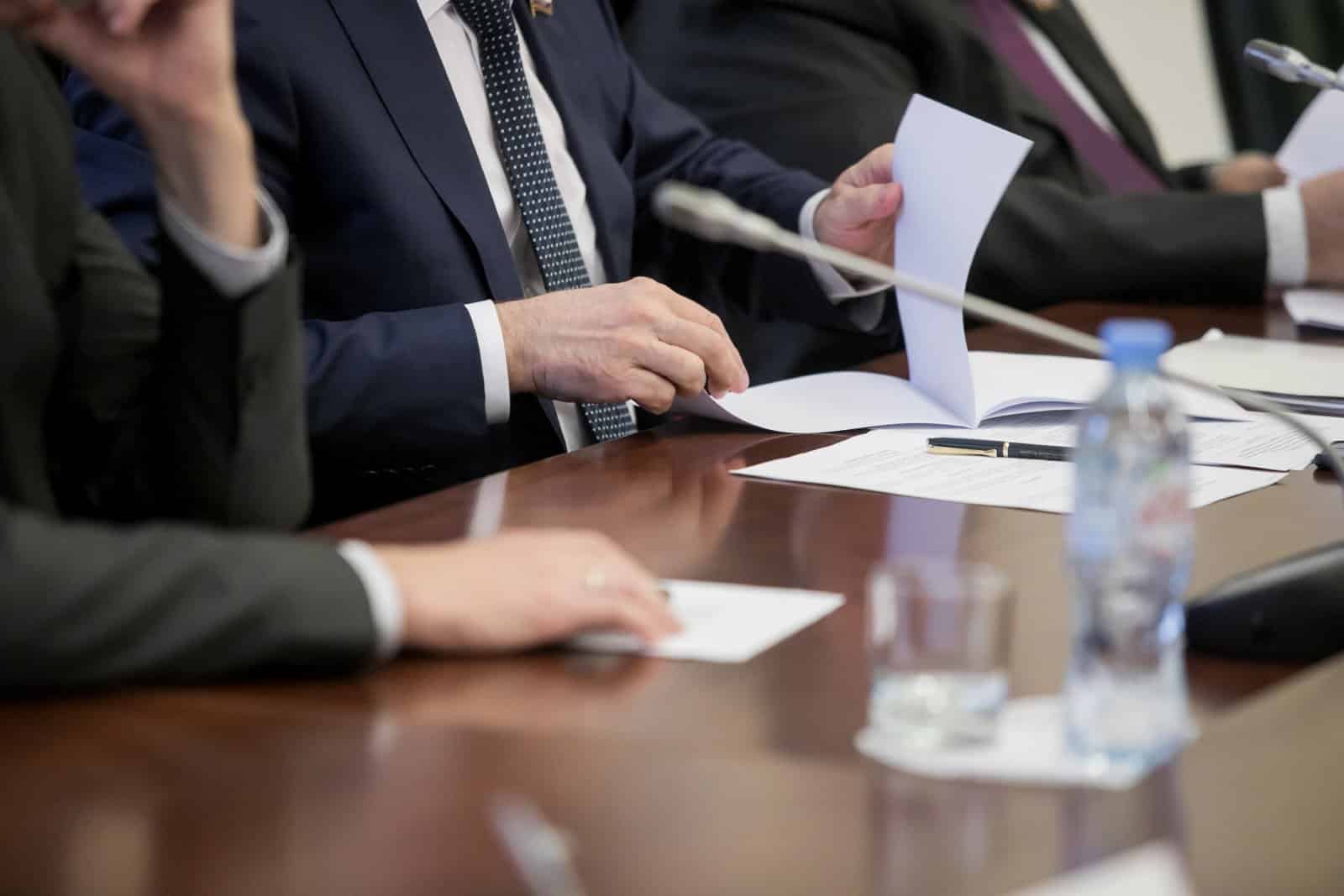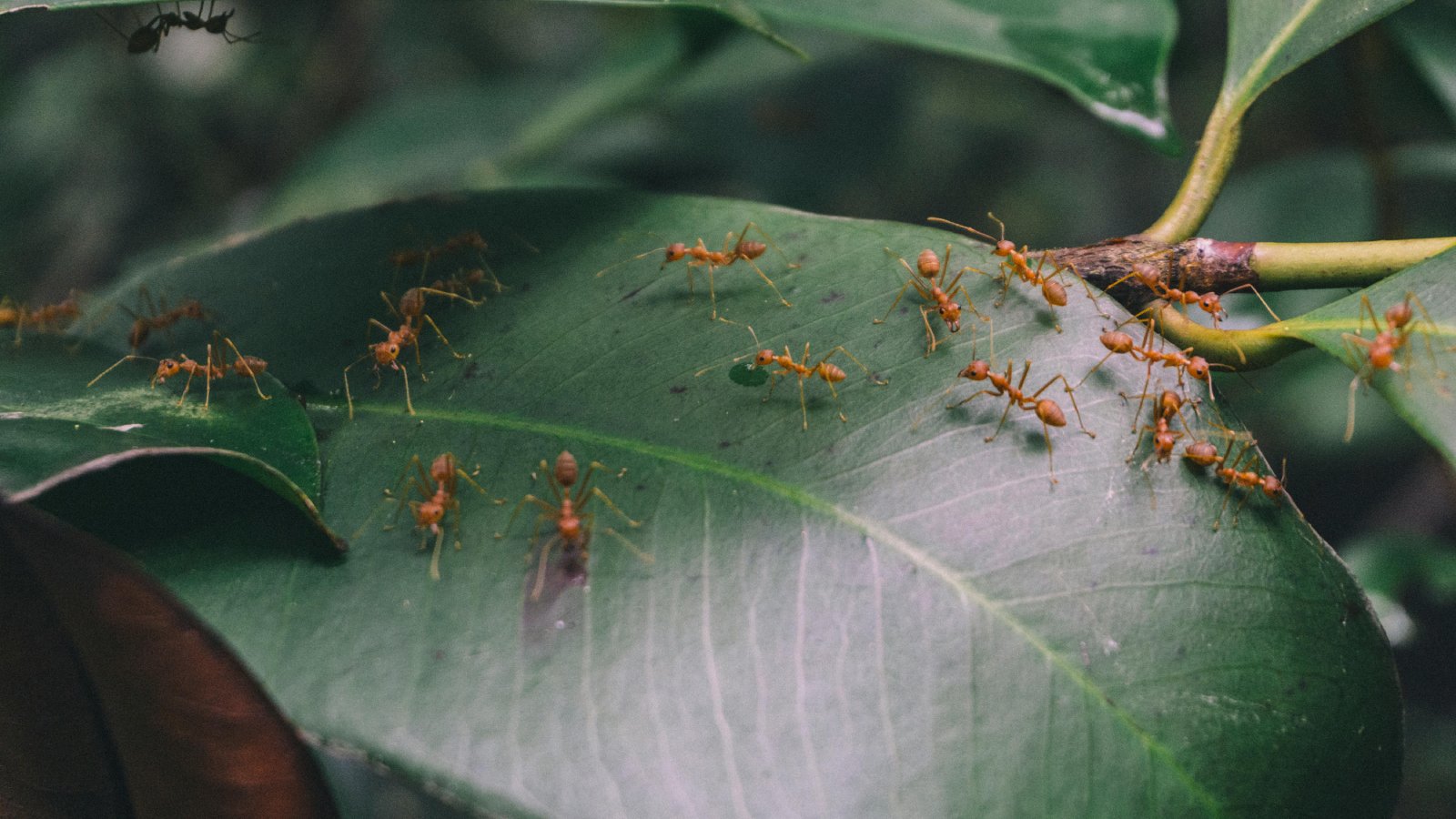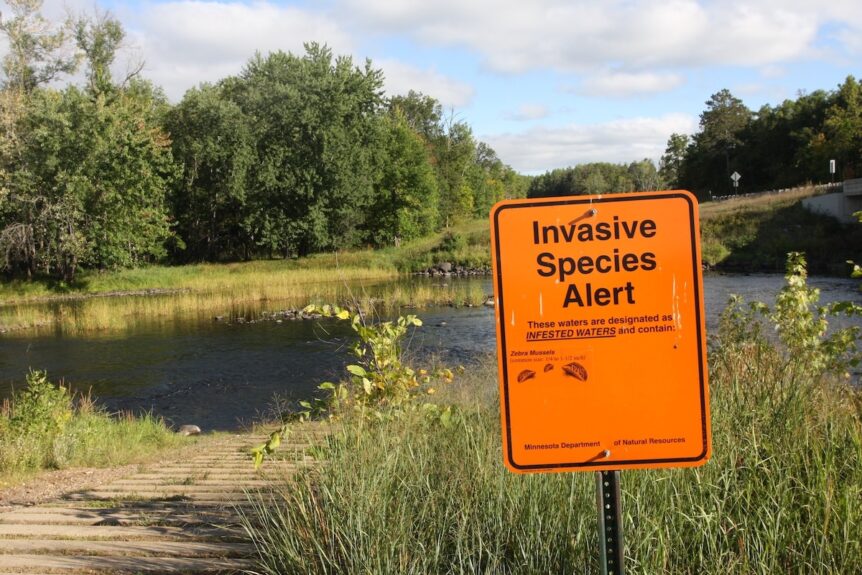Hawaiians are unhappy as the governor announces a major cut to a bill funding biosecurity efforts against invasive species across the islands.
Rewriting the Budget

Image Credit: Shutterstock / Salivanchuk Semen
Community members and public figures in Hawaii have expressed alarm over the recent rewriting of the state budget, including some important pieces of state legislation.
On the Chopping Block

Image Credit: Shutterstock / chaylek
Earlier this month state Governor Josh Green put a number of bills on the chopping block in an attempt to cover a $500 million deficit in the Hawaii state government financial plan.
Limiting the Spread

Image Credit: Shutterstock / Jirapong Manustrong
One of these pieces of legislation was a celebrated bill that gave $20 million in funding to the state Department of Agriculture to help limit the spread of invasive species across the islands.
Is It Feasible?

Image Credit: Shutterstock / chaylek
The $20 million funding had been approved in May and was lauded by Green, only for him to pivot the following month and question whether it was “feasible and executable” for the department.
Short-Staffing Problems

Image Credit: Shutterstock / Zamrznuti tonovi
The Governor claimed skepticism over the bill due to major short-staffing, as he felt the Ag department could be too short-staffed to effectively implement the $20 million in funding appropriated for the bill.
Factors to be Considered

Image Credit: Shutterstock / Pressmaster
In June Green pointed to staff vacancies and other commitments the agency already had, declaring that these factors had to be considered before a final fund could be confirmed.
Intent-to-Veto

Image Credit: Shutterstock / New Africa
At the start of the month, Green added the bill to an intent-to-veto list along with 17 other pieces of legislation to help balance the budget. Last week he finally announced his intentions to cut the funding for the bill in half.
Is the Environment Still a Priority?

Image Credit: Shutterstock / fizkes
Now the Department of Agriculture’s budget will receive just $10 million to target invasive species, leaving critics to wonder if the state government is still serious about tackling the environmental issue.
“They Are Throwing in the Towel”

Image Credit: Shutterstock / Salivanchuk Semen
“Given the severity and gravity of the situation, they are throwing in the towel,” said Wayne Tanaka of the Sierra Club, a nonprofit organization prioritizing environmental preservation and conservation.
Many Frustrated Officials

Image Credit: Shutterstock / aerogondo2
Sen. Jarrett Keohokalole of Kaneohe and Kailua has also expressed frustrations over Green’s claims that the department might be unable to handle $20 million in funding.
Pushing for a Better Approach

Image Credit: Shutterstock / YuRi Photolife
He is part of a group of state lawmakers who have been pushing for a more efficient and assertive state-wide approach to dealing with invasive pest problems, an approach that needs as much funding as possible.
“The Excuses Have to Stop”

Image Credit: Shutterstock / sirtravelalot
“At a certain point the excuses have to stop,” Keohokalole said. He also described the reduction as “an admission of defeat, almost,” regarding the state’s fight against invasive species.
Time to Double Down

Image Credit: Shutterstock / mapo_japan
Experts have been urging state lawmakers to double down on biosecurity. Last year a group of state biosecurity experts attended a briefing with Senate and House lawmakers, where they claimed that for every dollar spent on biosecurity in Hawaii, $8,000 would be saved through the environmental impacts it would prevent.
A “Landmark” Bill

Image Credit: Shutterstock / Andrey_Popov
The biosecurity bill, which was described as a “landmark” decision for the state, was meant to target a range of invasive species including fire ants, coconut rhinoceros beetles, and coqui frogs.
Fire Ants and Beetles

Image Credit: Pexels / Thang Cao
Fire ants and coconut rhinoceros beetles were a major environmental issue back in 2018, spreading from a contained area in Oahu to the rest of the state.
Damaging Effects

Image Credit: Pexels / Florian Avramescu
The stinging fire ants disrupted people’s use of public and outdoor spaces and the rhinoceros beetles were ravaging coconut and palm tree crops across the islands.
Other Parts of the Budget Slashed

Image Credit: Shutterstock / Andrey_Popov
Changes to the ag department budget have significantly reduced funding for the management of these species, and removed appropriations for programs that educate the public on invasive species, and for regional authorities to control wild chicken populations.
Chronically Understaffed and Underfunded

Image Credit: Pexels / Kampus Production
The halved budget comes after more than a year of scrutiny over the Department of Agriculture’s response to biosecurity issues. The department has been chronically understaffed and underfunded for some time.
Not Enough Staff to Inspect Incoming Packages

Image Credit: Shutterstock / Vera NewSib
Earlier this year Hawaii Public Radio reported that parcels and goods arriving can not be properly inspected because the Plant Quarantine Branch does not have enough staff to manage the volume of incoming packages.
90 Plant Inspectors

Image Credit: Pexels / ThisIsEngineering
In 2023 more than 19 million packages entered the state and only 90 plant inspectors were available to inspect them.
Oil Dumping Scandal Rocks Ships Heading to New Orleans

Image Credit: Shutterstock / Aerial-motion
Two shipping companies have been fined after knowingly hiding a large oil spill in the Atlantic Ocean. Oil Dumping Scandal Rocks Ships Heading to New Orleans
20 Eye-Opening Realities Facing Retiring Baby Boomers

Image Credit: Shutterstock / Jack Frog
As Baby Boomers approach retirement, the promise of leisure and security often seems unattainable. This generation faces unique challenges that could redefine retirement. Here’s a stark look at the realities shaping their outlook. 20 Eye-Opening Realities Facing Retiring Baby Boomers
Retail Apocalypse: Massive Closures Sweep Across U.S. Brands

Image Credit: Shutterstock / Tada Images
Stores across the U.S. are closing at unprecedented levels, according to new research from advisory firm Coresight Research. Read on for more information about the impact this could have on you and your communities. Retail Apocalypse: Massive Closures Sweep Across U.S. Brands
Featured Image Credit: Shutterstock /Jules Johnson.


